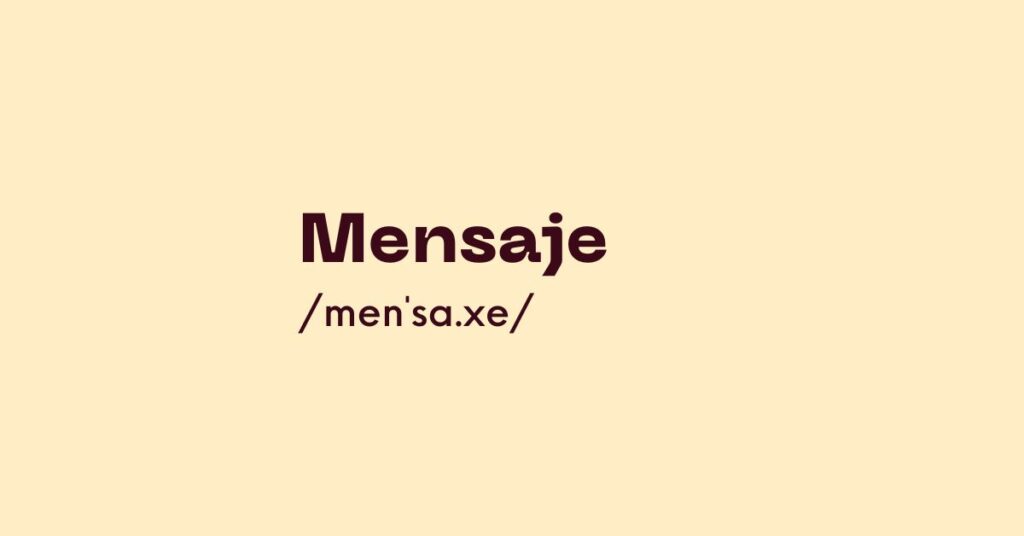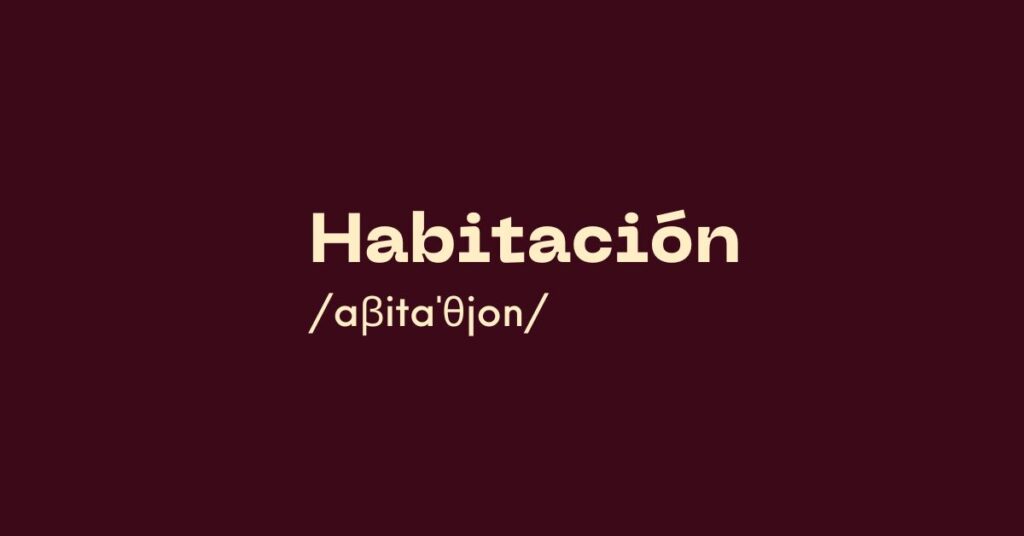Mensaje
Today’s Spanish word of the day is “mensaje”. It’s a masculine noun meaning “message”, and can refer to written, spoken and electronic messages. A few specific types of message include the following: It comes from Latin missaticum, derived from mittere (to send), which is also the root of words like “missile” and “mission”. The word […]








